Even today, I can remember the conversation. I was probably eight years old, or somewhere thereabouts. My friends and I were discussing our attachments to our senses. Which would you rather be, blind or deaf? What would be worse, losing a hand or losing a foot? What’s the easiest thing to live without? These were essential, deep, incredibly interesting questions to us as we explored together both our graces and our limitations.
I remember thinking I could squirm out of saying “blind” or “deaf” (which would somehow jinx me, for eight is a very superstitious age, filled with magical thinking in response to the uncomfortable discovery that one cannot control the world), and instead I hit on “taste.” There you go! I could manage perfectly well without taste. Being blind or deaf? That was too horrible to contemplate, so I didn’t.
Later on, when I was still in school, I met a girl who actually was blind. She wasn’t born that way; it was the result of some rare disease whose name I never knew. She kept asking her friends to describe what things looked like because, as she explained, she could visualize without vision. She had once had sight, and that gave her the ability to conceptualize her environment, to add color and light to what surrounded her in the present dark.
Tennyson may well have said ‘tis better to have loved and lost than never to have loved at all, but I wasn’t buying it. I thought that would be the most terrible of things, to have been able once to see—and then to know you never would again. Better to have been born in darkness and treat it as normal than to constantly compare today’s reality to yesterday’s.
It was part of my growing up, my introduction to the complicated issue of loss.
I’ll be honest: I still cannot contemplate losing my sight. But I’ve lost so many other things, things equally important, a whole litany of them in the years that have unspooled since my schoolgirl days, that I can now at least have empathy and begin to imagine what it might be like. And when I do, the memory of all those other losses—along with the feelings attached to them—washes over me again.
I think today’s readings speak to us deeply of loss. The Church at Ephesus has “lost the love you had at first.” And of course in the Gospel we have the story of the blind man calling out to Jesus, and Jesus performing his last miracle, because he is even then on the way to Jerusalem, to Gethsemane, and to Calvary. The Church lost its love; the blind man lost his sight; Jesus was soon to lose his earthly life.
We who have survived 2020 (and I don’t use the word “survive” lightly) are well-acquainted with loss. The coronavirus has taken loved ones away, as well as—for many of us—our economic survival. Half of the United States counts the November elections as a loss. We’ve lost the ability to hug our friends, to shake hands with our colleagues, to leave the house without elaborate preparations. We’ve lost the illusion that our society is fair to everyone. Many have lost their homes, their jobs, their food security.
In the Revelation passage, we find John rebuking the Ephesians, despite enumerating everything they’re doing right: good works, labor, endurance, suffering, steadfastness. But for all of that, they’ve lost what seems to count more than all those great actions: their love.
I cannot believe there’s anyone who hasn’t been touched by loss this year. We too are laboring, we’re staying faithful, we’re hanging in there. All good things. But our losses haven’t brought us together—in fact, the more loss we experience, the more we seem to be blaming each other, turning our backs on our neighbors, blind to anything but our own selves. Like the Ephesians, we have “lost the love you had at first.”
Still, just as there was once a time when my blind friend could see, a time she could remember, we too can remember a time when we weren’t so divided. When we listened to each other. When we cared about each other. When we loved.
That memory alone isn’t enough to change anything. The blind man in the Gospel doesn’t just remember a time when he may have had sight—he wants to change. He asks for help. In fact, Jesus makes him ask for help, makes him speak aloud what is his most basic and best desire. In all our fluttering about, in all our lurching from one crisis to the next, have we taken the time to ask Jesus for help? To ask Jesus for the grace to see, not with our eyes, but with our hearts?
It’s hard to petition when one is blinded by anger.
With all that 2020 has flung at us, what have you lost that was precious to you? Why can’t we set the circumstances aside and try instead to comfort each other for our myriad losses? It feels like we’re afraid to turn to the Lord to ask him to restore us in some way that would give us life again. Turning to God when we are suffering loss is a great act of faith and trust.
Oh, and my eight-year-old assertion that I could live without taste? One of the many ironies of the coronavirus is losing that very sense. And as my friend Margo—who had the virus but fortunately recovered—tells me, losing taste makes the world a lot bleaker than one might think.
No loss is easy. I knew that at eight, and I know it now. But we can get through any loss. We just have to ask for help.
 Jeannette de Beauvoir is a writer and editor with the digital department of Pauline Books & Media, working on projects as disparate as newsletters, book clubs, ebooks, and retreats that support the apostolate of the Daughters of St. Paul at http://www.pauline.org.
Jeannette de Beauvoir is a writer and editor with the digital department of Pauline Books & Media, working on projects as disparate as newsletters, book clubs, ebooks, and retreats that support the apostolate of the Daughters of St. Paul at http://www.pauline.org.
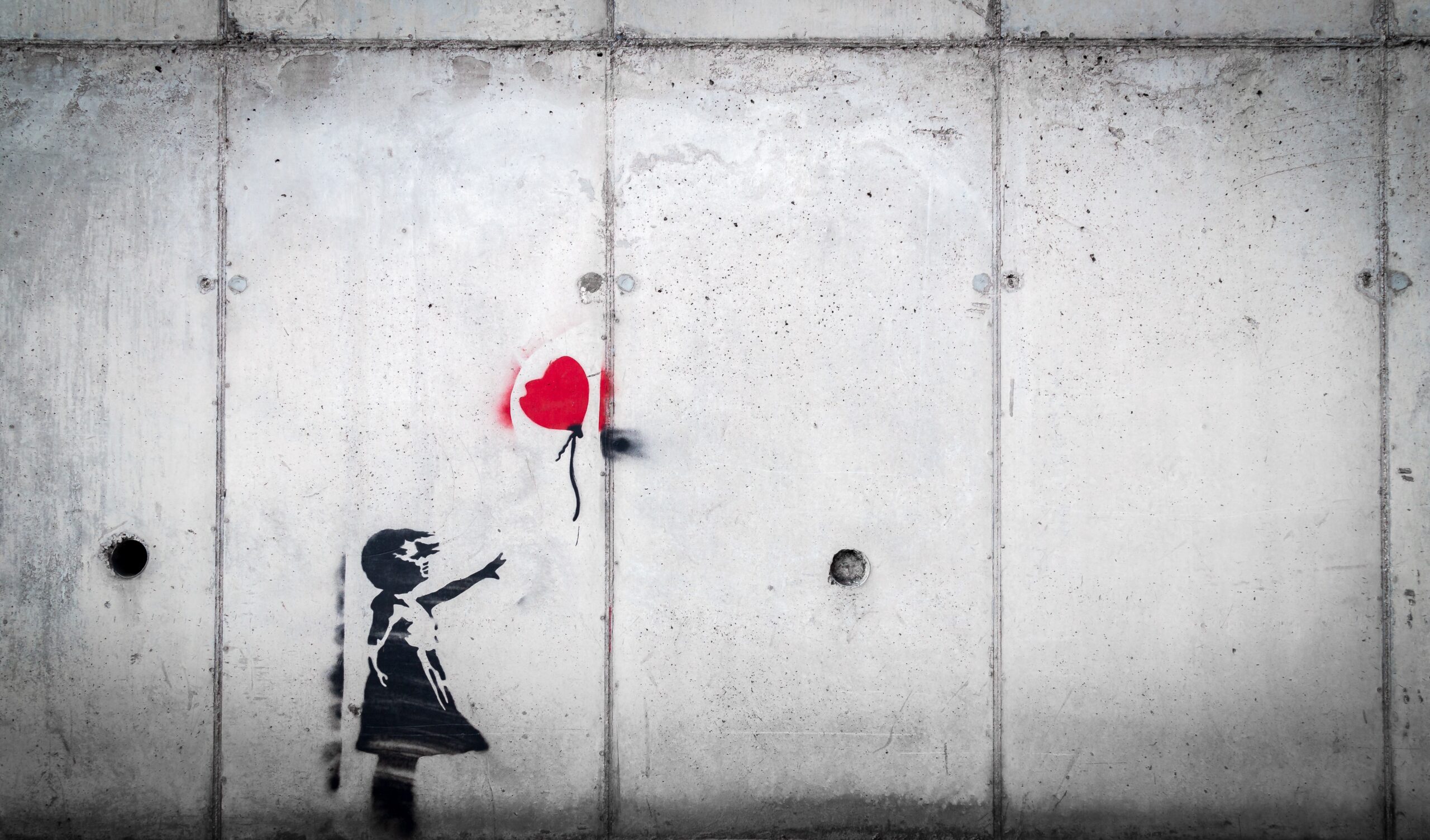

 J.M. Pallas has had a lifelong love of Scriptures. When she is not busy with her vocation as a wife and mother to her “1 Samuel 1” son, or her vocation as a public health educator, you may find her at her parish women’s bible study, affectionately known as “The Bible Chicks.”
J.M. Pallas has had a lifelong love of Scriptures. When she is not busy with her vocation as a wife and mother to her “1 Samuel 1” son, or her vocation as a public health educator, you may find her at her parish women’s bible study, affectionately known as “The Bible Chicks.”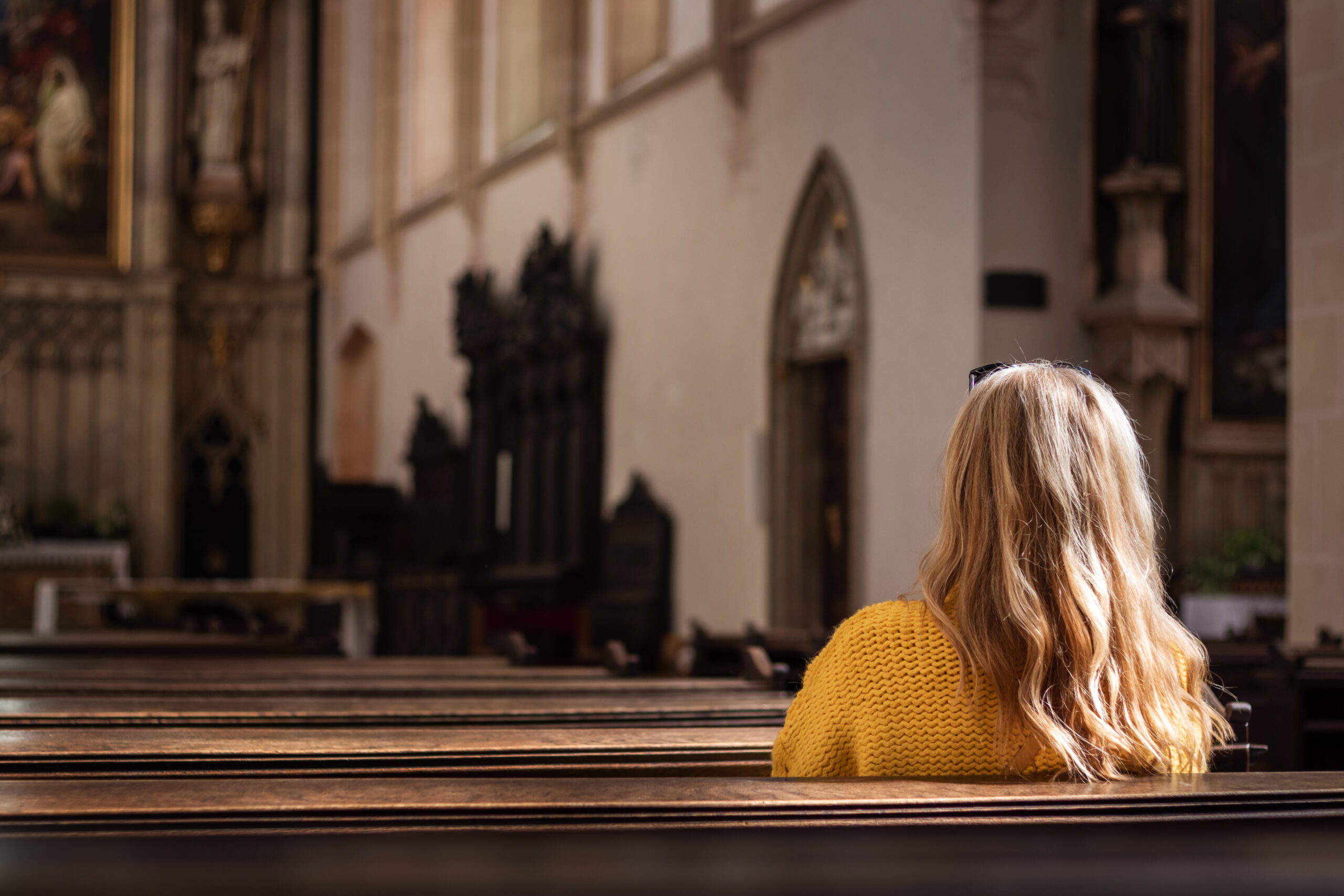
 Kathryn Mulderink, MA, is married to Robert, Station Manager for Holy Family Radio. Together they have seven children (including newly ordained Father Rob and seminarian Luke ;-), and two grandchildren. She is a Secular Discalced Carmelite and has published five books and many articles. Over the last 25 years, she has worked as a teacher, headmistress, catechist, Pastoral Associate, and DRE. Currently, she serves the Church as a writer and voice talent for Catholic Radio, by publishing and speaking, and by collaborating with the diocesan Office of Catechesis, various parishes, and other ministries to lead others to encounter Christ and engage their faith. Her website is
Kathryn Mulderink, MA, is married to Robert, Station Manager for Holy Family Radio. Together they have seven children (including newly ordained Father Rob and seminarian Luke ;-), and two grandchildren. She is a Secular Discalced Carmelite and has published five books and many articles. Over the last 25 years, she has worked as a teacher, headmistress, catechist, Pastoral Associate, and DRE. Currently, she serves the Church as a writer and voice talent for Catholic Radio, by publishing and speaking, and by collaborating with the diocesan Office of Catechesis, various parishes, and other ministries to lead others to encounter Christ and engage their faith. Her website is 
 Beth Price is part of the customer care team at Diocesan. She brings a unique depth of experience to the group due to her time spent in education, parish ministries, sales and the service industry over the last 25 yrs. She is a practicing spiritual director as well as a
Beth Price is part of the customer care team at Diocesan. She brings a unique depth of experience to the group due to her time spent in education, parish ministries, sales and the service industry over the last 25 yrs. She is a practicing spiritual director as well as a 
 Tommy Shultz is the Founder/Director of Rodzinka Ministry and the Director of Faith Formation for the North Allegan Catholic Collaborative. In these roles, he is committed to bringing all those he meets into a deeper relationship with Christ. Tommy has a heart and flair for inspiring people to live their faith every day. He has worked in various youth ministry, adult ministry, and diocesan roles. He has been a featured speaker at retreats and events across the country. With a degree in Theology from Franciscan University, Tommy hopes to use his knowledge to help all people understand the beauty of The Faith. Contact Tommy at
Tommy Shultz is the Founder/Director of Rodzinka Ministry and the Director of Faith Formation for the North Allegan Catholic Collaborative. In these roles, he is committed to bringing all those he meets into a deeper relationship with Christ. Tommy has a heart and flair for inspiring people to live their faith every day. He has worked in various youth ministry, adult ministry, and diocesan roles. He has been a featured speaker at retreats and events across the country. With a degree in Theology from Franciscan University, Tommy hopes to use his knowledge to help all people understand the beauty of The Faith. Contact Tommy at 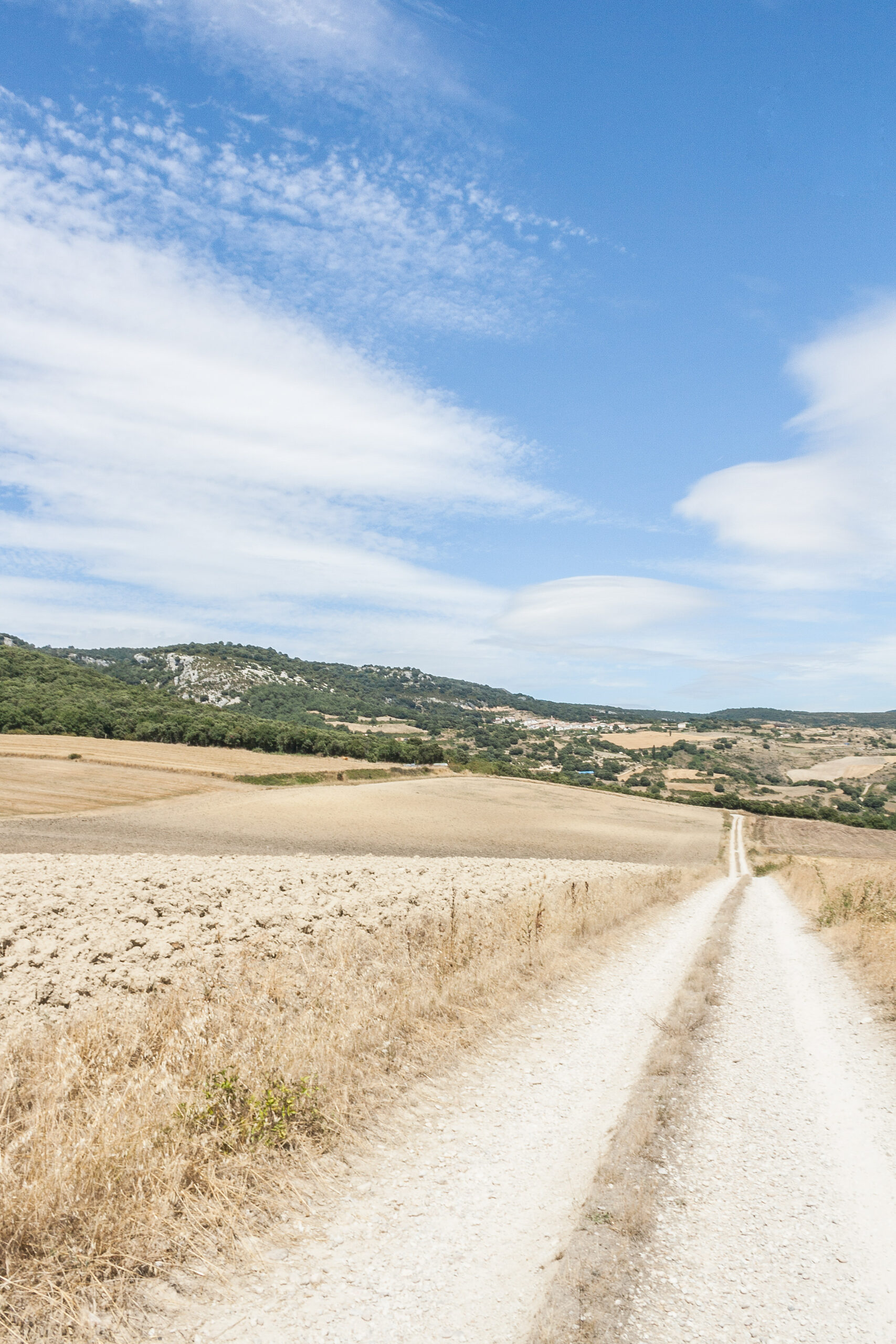
 Emily Jaminet is a Catholic author, speaker, radio personality, wife, and mother of seven children. She earned a bachelor’s degree in mental health and human services from the Franciscan University of Steubenville. She is the co-founder of
Emily Jaminet is a Catholic author, speaker, radio personality, wife, and mother of seven children. She earned a bachelor’s degree in mental health and human services from the Franciscan University of Steubenville. She is the co-founder of 
 Kate Taliaferro is an Air Force wife and mother. She is blessed to be able to homeschool, bake bread and fold endless piles of laundry. When not planning a school day, writing a blog post or cooking pasta, Kate can be found curled up with a book or working with some kind of fiber craft. Kate blogs at
Kate Taliaferro is an Air Force wife and mother. She is blessed to be able to homeschool, bake bread and fold endless piles of laundry. When not planning a school day, writing a blog post or cooking pasta, Kate can be found curled up with a book or working with some kind of fiber craft. Kate blogs at 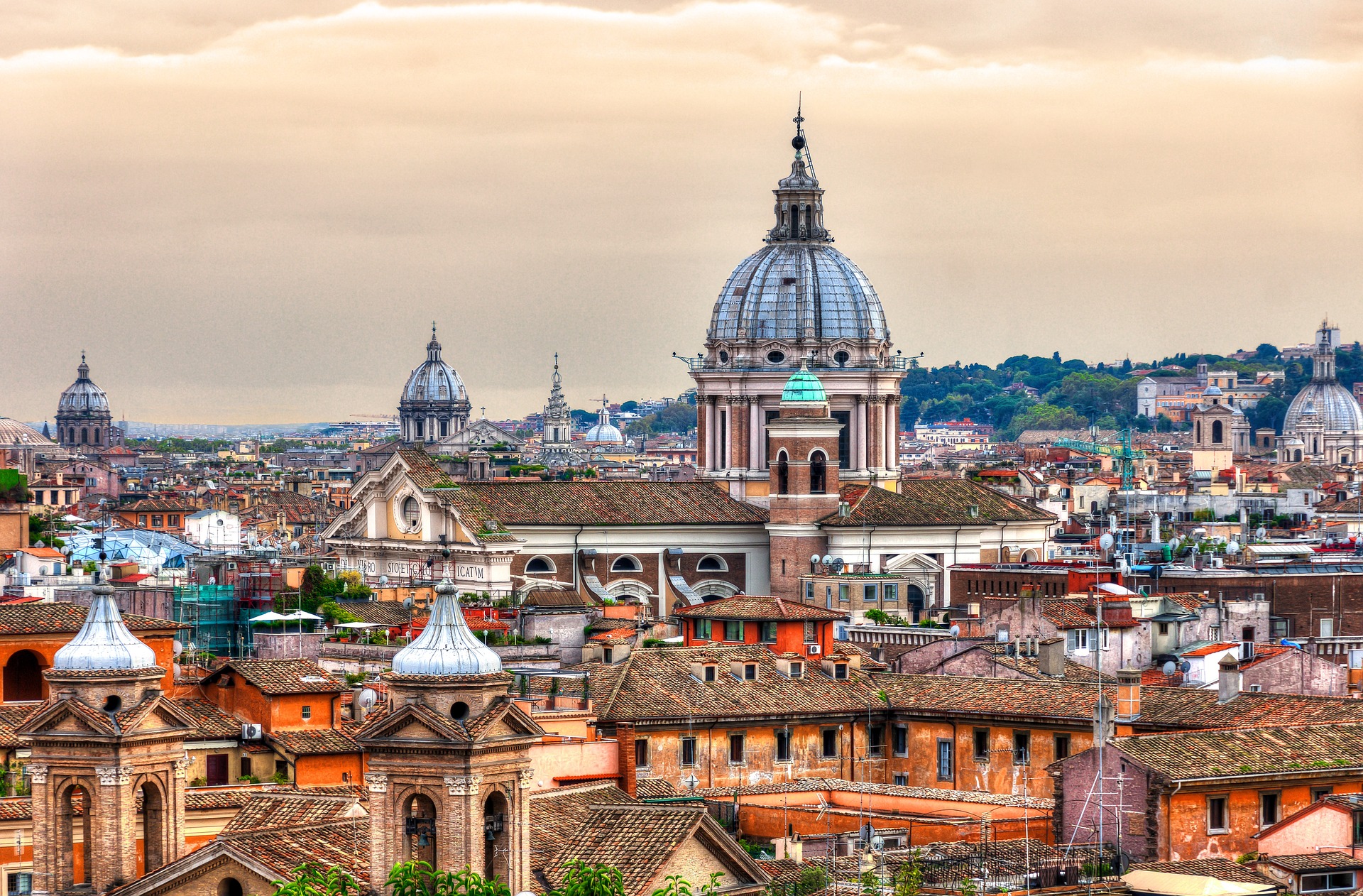
 Kathryn James Hermes, FSP, is the author of the newly released title
Kathryn James Hermes, FSP, is the author of the newly released title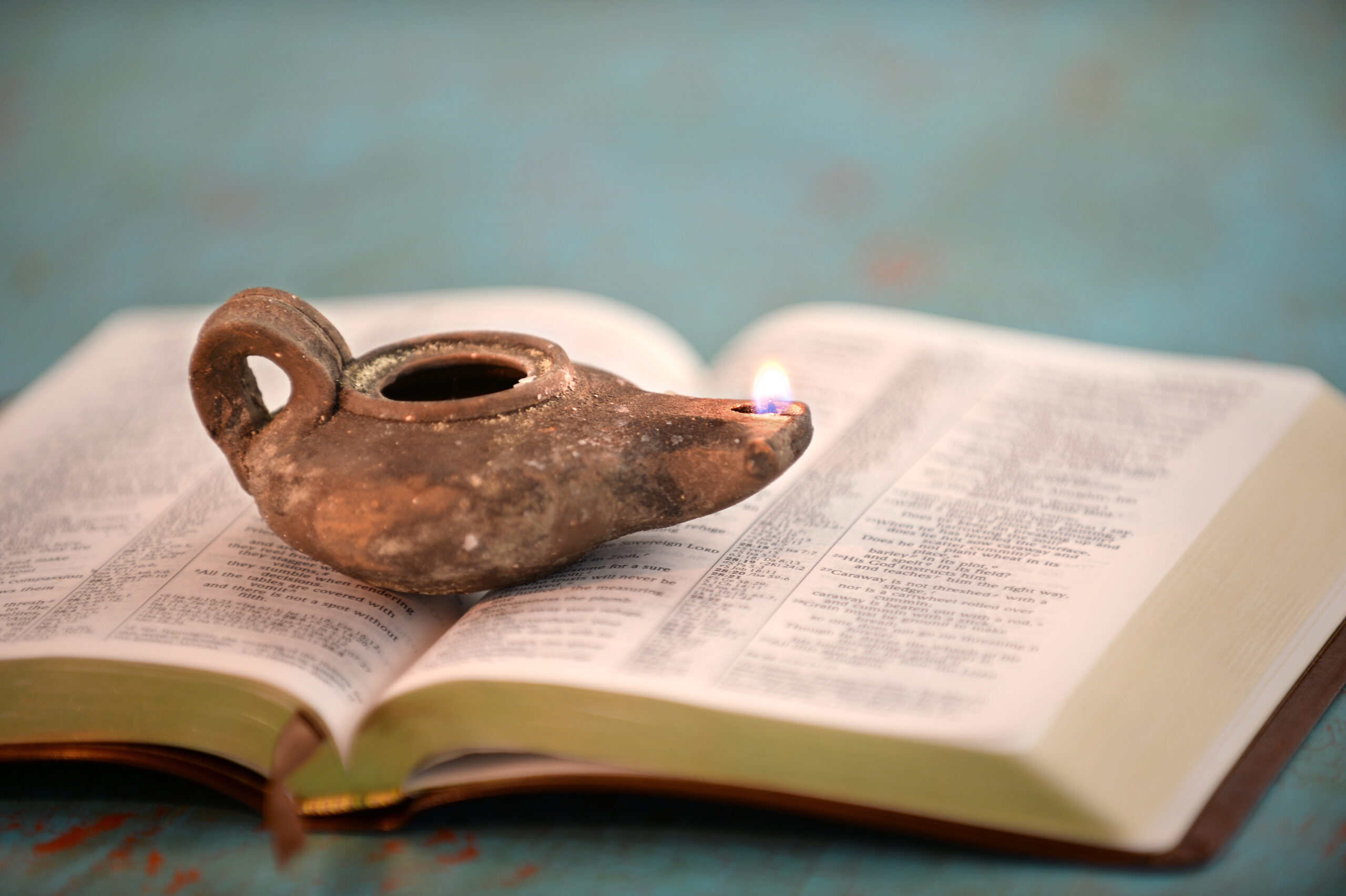
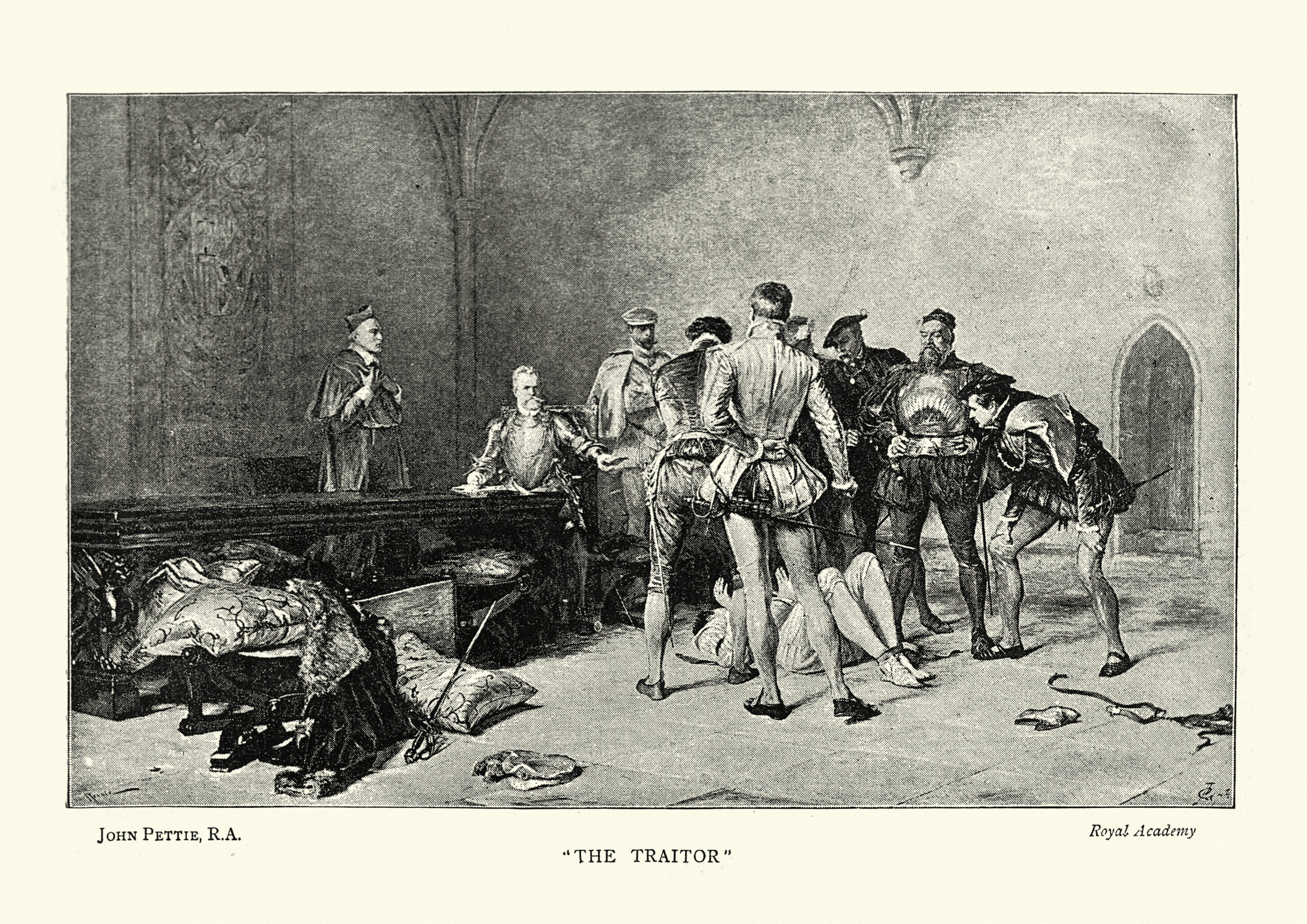
 Patrick produces YouTube content for young Catholics on
Patrick produces YouTube content for young Catholics on 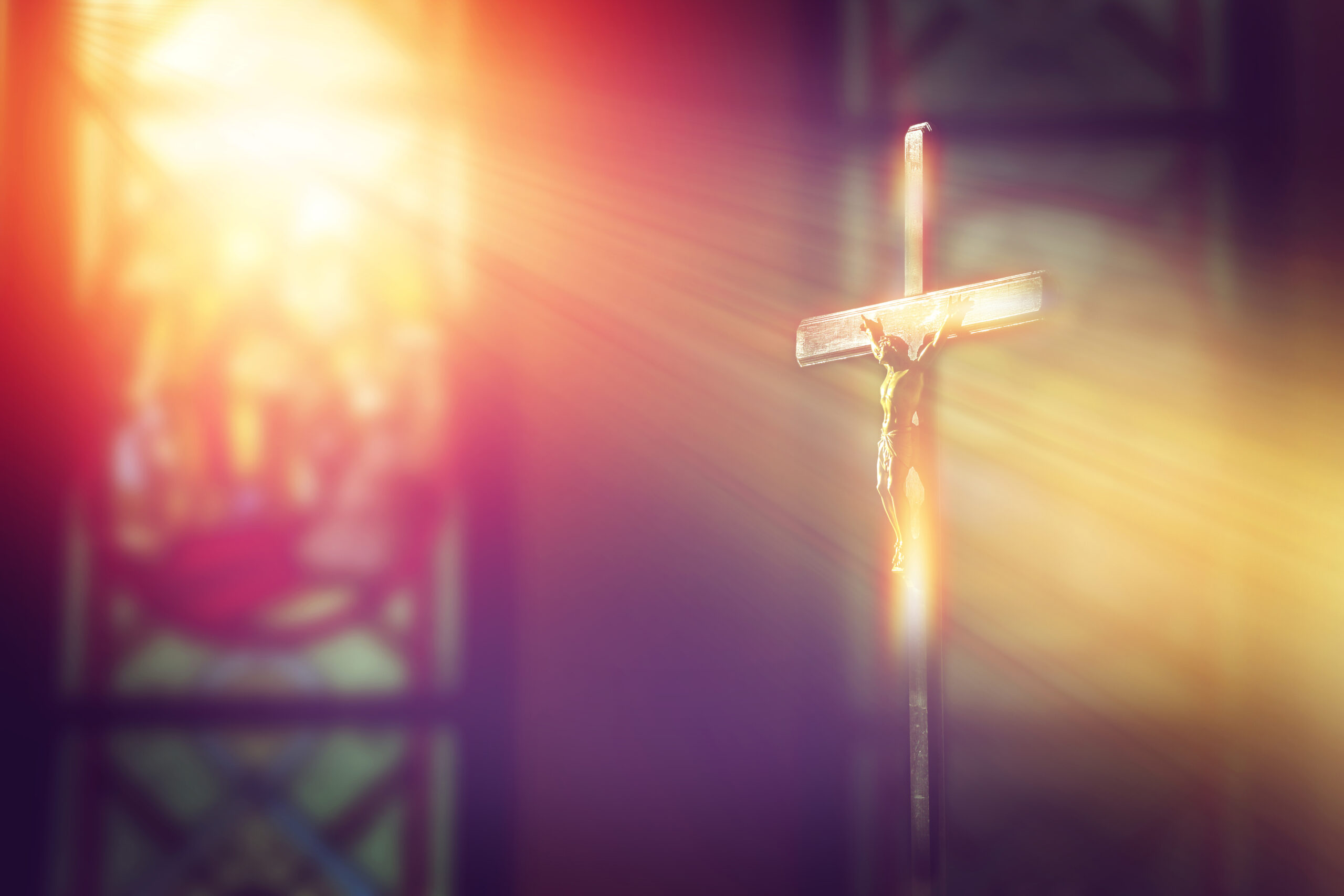
 Dakota currently lives in Denver, CO and teaches English Language Development and Spanish to high schoolers. She is married to the love of her life, Ralph. In her spare time, she reads, goes to breweries, and watches baseball. Dakota’s favorite saints are St. John Paul II (how could it not be?) and St. José Luis Sánchez del Río. She is passionate about her faith and considers herself blessed at any opportunity to share that faith with others. Check out more of her writing at
Dakota currently lives in Denver, CO and teaches English Language Development and Spanish to high schoolers. She is married to the love of her life, Ralph. In her spare time, she reads, goes to breweries, and watches baseball. Dakota’s favorite saints are St. John Paul II (how could it not be?) and St. José Luis Sánchez del Río. She is passionate about her faith and considers herself blessed at any opportunity to share that faith with others. Check out more of her writing at 